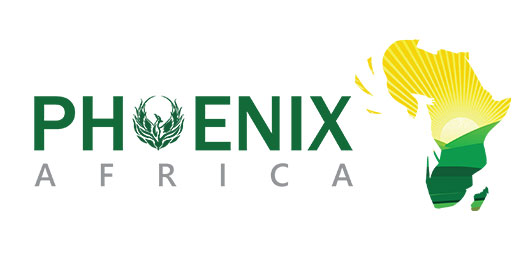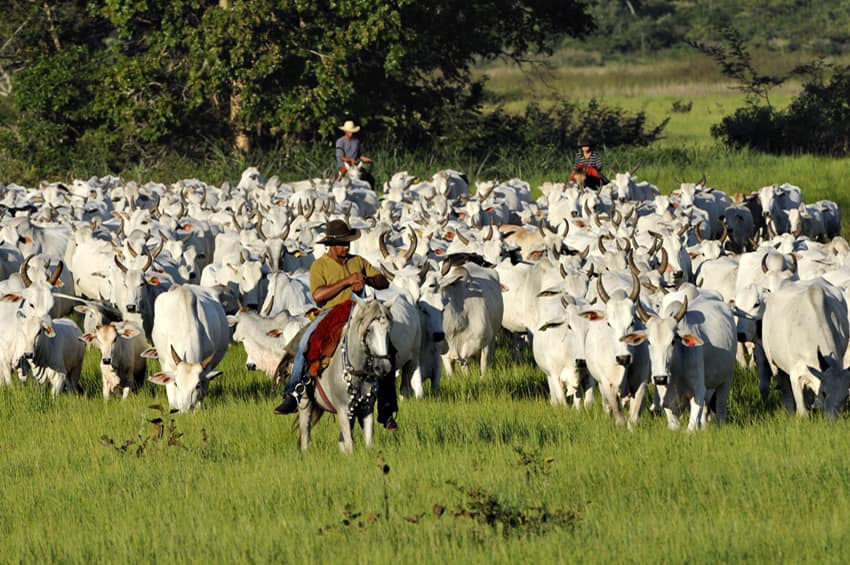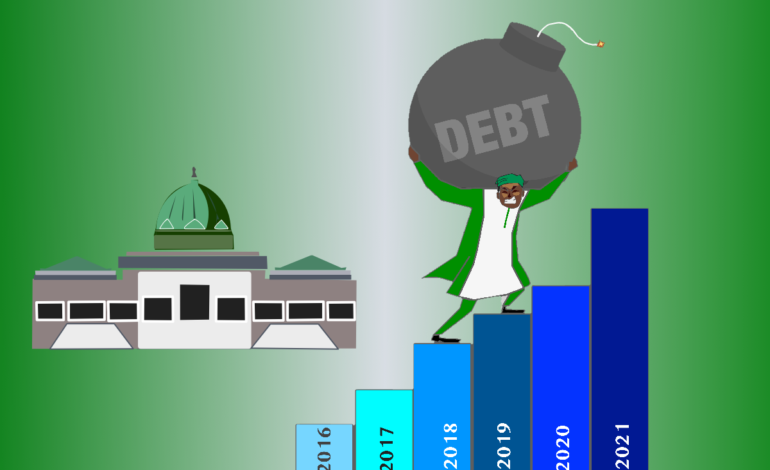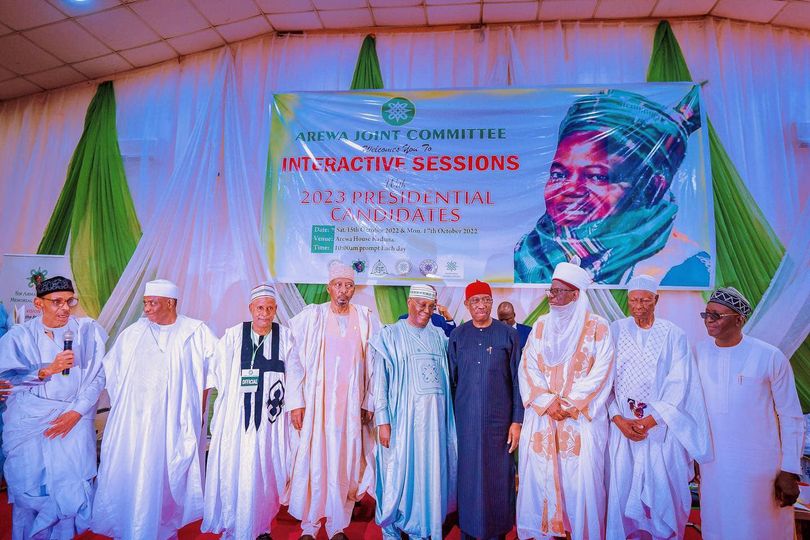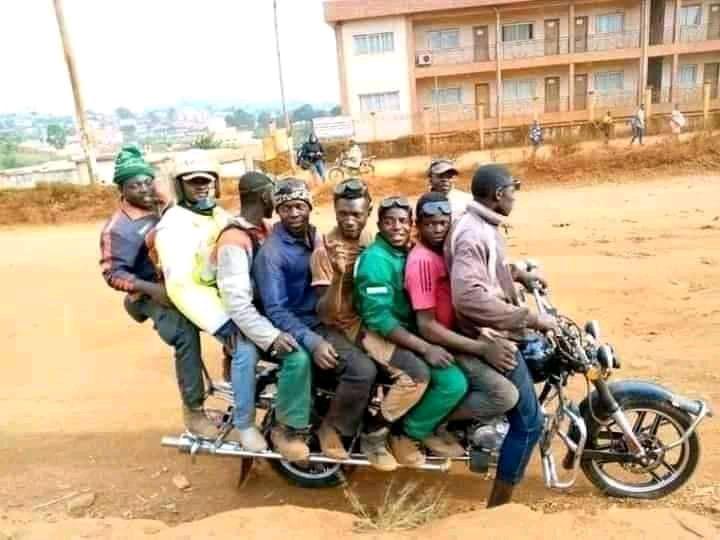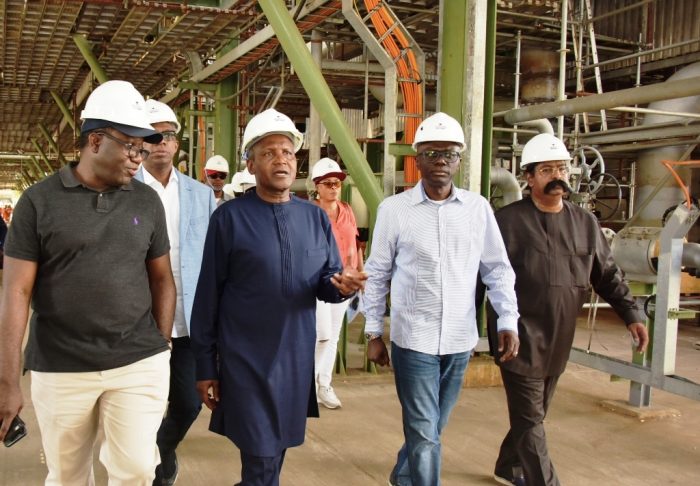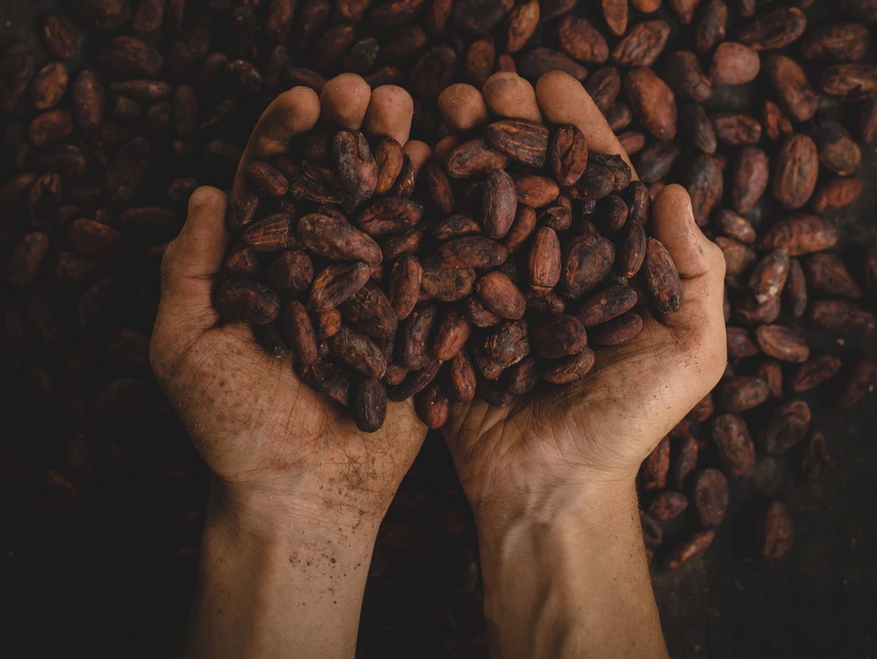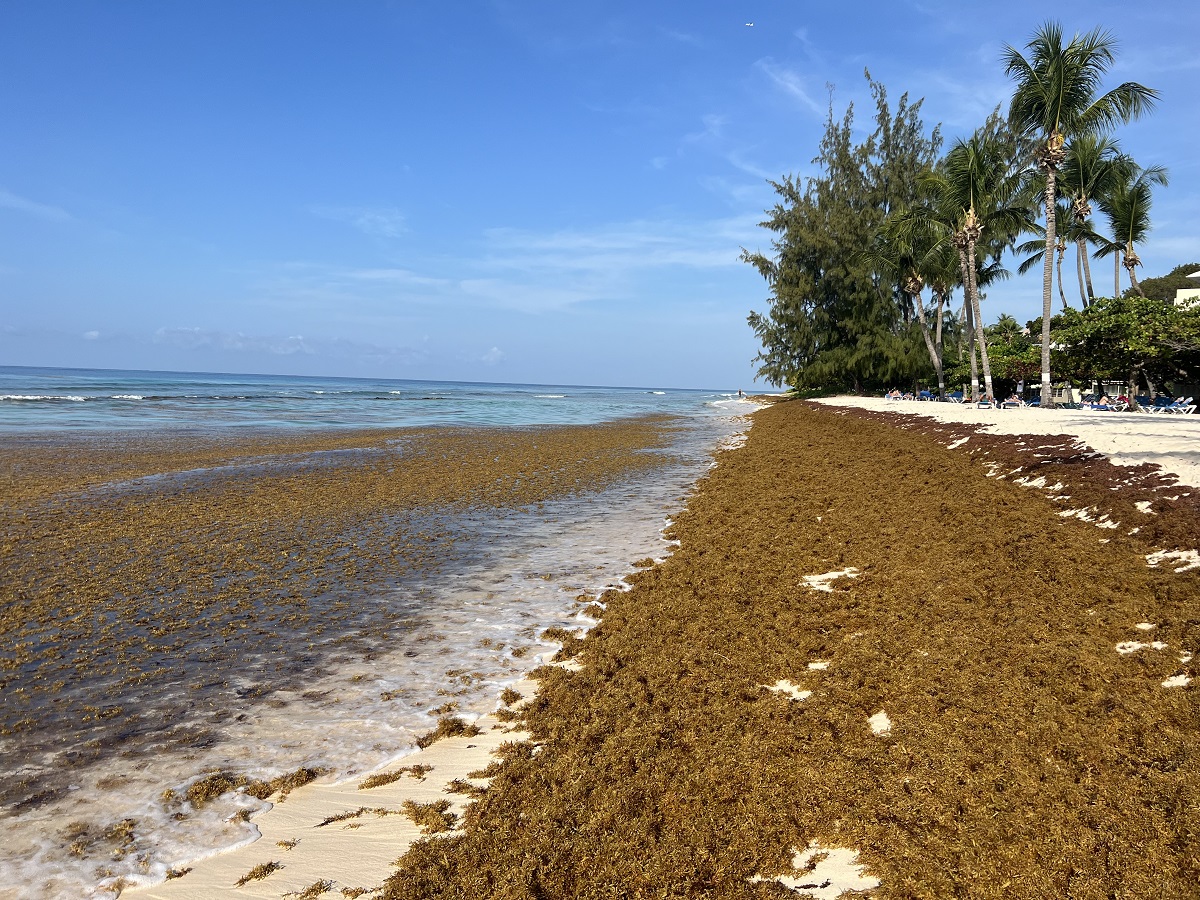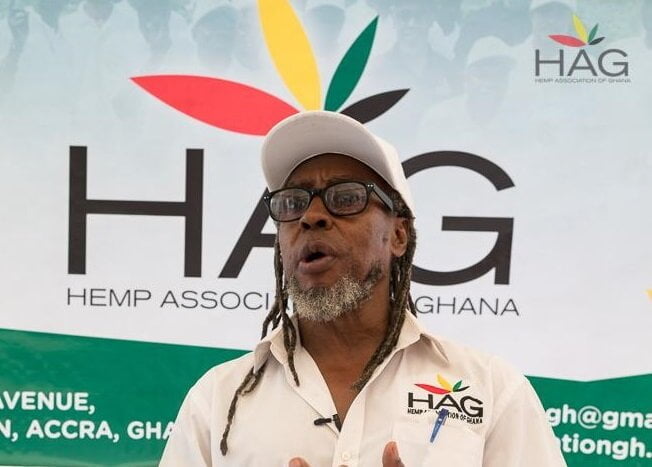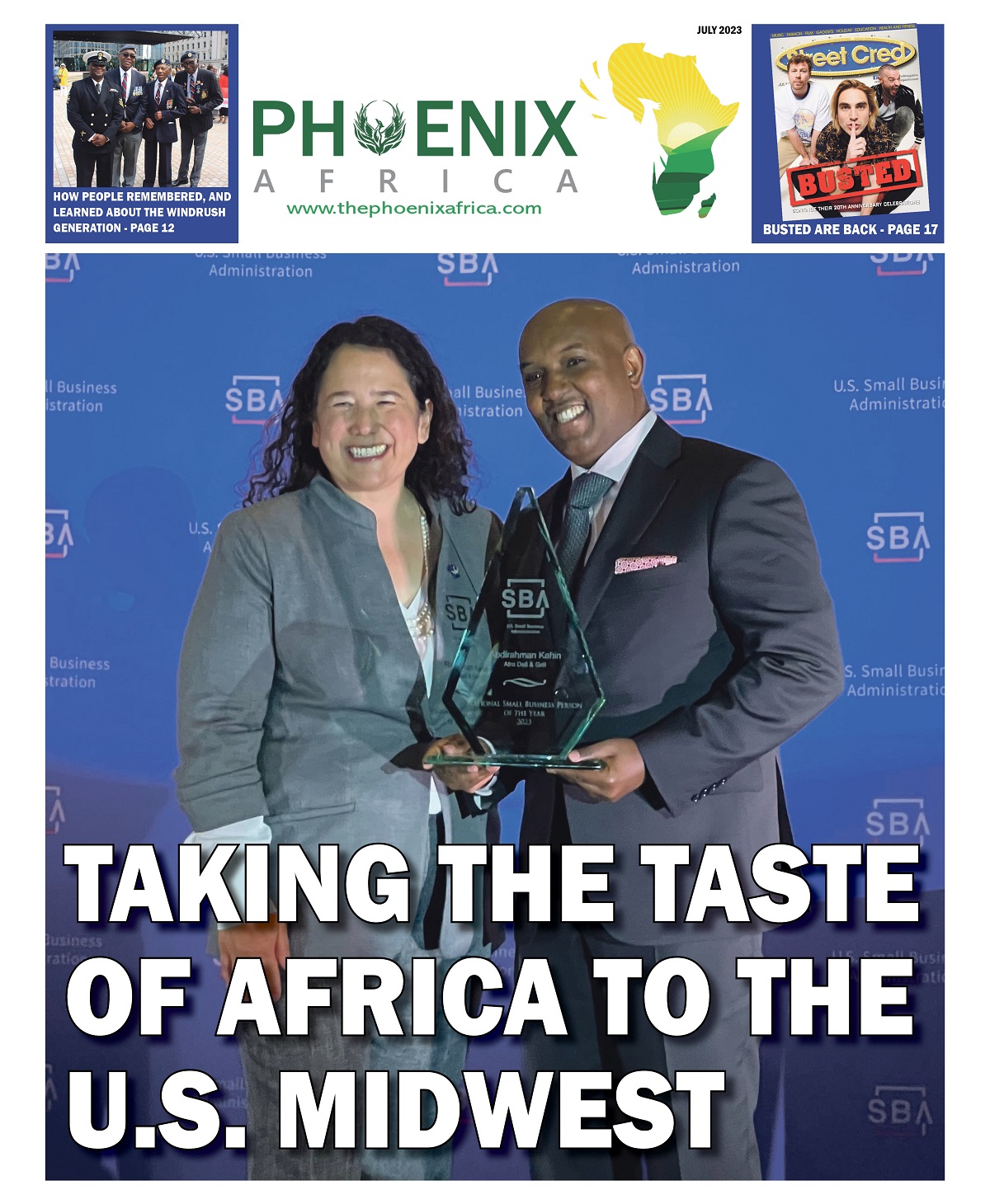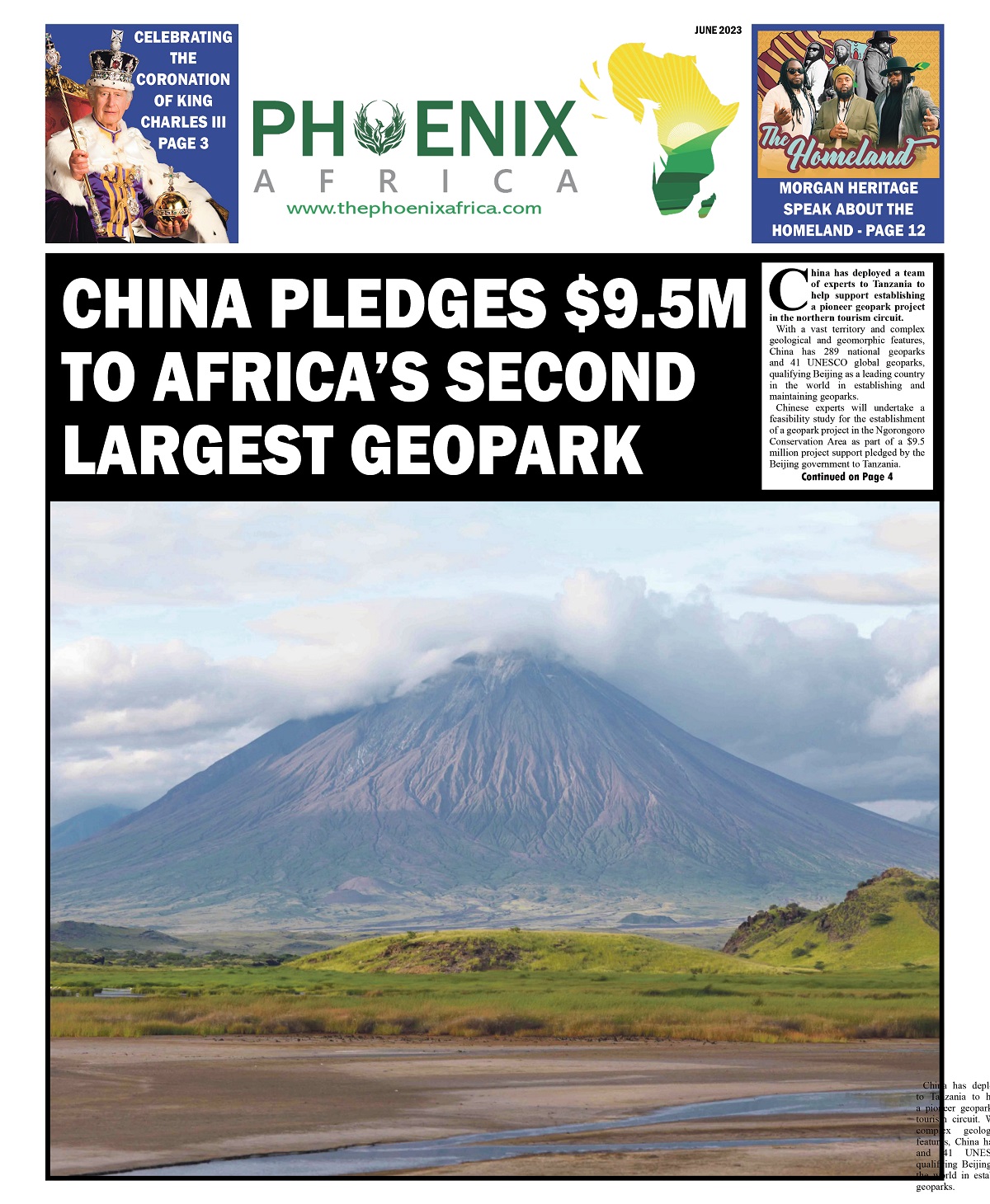Could a potential Cattle Ranching Policy look like this?
Can someone please explain to me why the candidates vying for Nigeria’s presidency have not reached a consensus on the vexed issue of cattle ranching and come up with a policy that looks like this
by Ayo Akinfe
[1] We will open six mega cattle ranches in the six states with the largest land masses in Nigeria - Niger, Borno, Taraba, Kaduna, Bauchi and Yobe
[2] When these mega cattle ranches are fully operational, they will dramatically increase the number of cows in Nigeria from the current 20m to say the 189m produced in India today. Zero interest loans will be provided for this purpose
[3] There has to be a dramatic increase in the number of dairy plants, leather factories, abattoirs, meat cold storage facilities, refrigerated lorries, etc. Nigeria’s federal government shall thus get state governments to build industrial estates over the next two years so we have factories that will manufacture all these associated, ancillary and by products
[4] Livestock transportation facilities will be dramatically upgraded. We will thus establish a cattle railway network linking all the 36 state capitals in the country
[5] All this requires a massive industrialisation programme as we have to manufacture railway wagons, rail tracks, refrigerated trucks, leather processing equipment, milking machines, etc. We will ensure this is all manufactured locally in Nigeria by providing industrialists with zero interest loans
[6] In the Niger Delta, we will manufacture livestock ships to specifically ferry cattle, sheep, goats etc across oceans. Our plan is to make Nigeria the world’s manufacturing capital of such vessels
[7] Innoson Motors will be supported to manufacture unique refrigerated trailers and trucks that can serve as mobile abattoirs. Such vehicles will be electric-powered, with solar panels on their roofs
[8] Local ranches will be required to furnish the market, so two ranches in each geo-political zone would be built by state governments to meet domestic demand
[9] Private investors with deep pockets like our evangelical churches will be encouraged to invest in the sector, building ranches, abattoirs, leather tanneries, machinery plants, etc
[10] Each cattle ranch will have schools, technical colleges, bandit rehabilitation centres, a veterinary clinic, an animal feed compounding plant, an adjoining milk processing plant and a police station built on its premises
